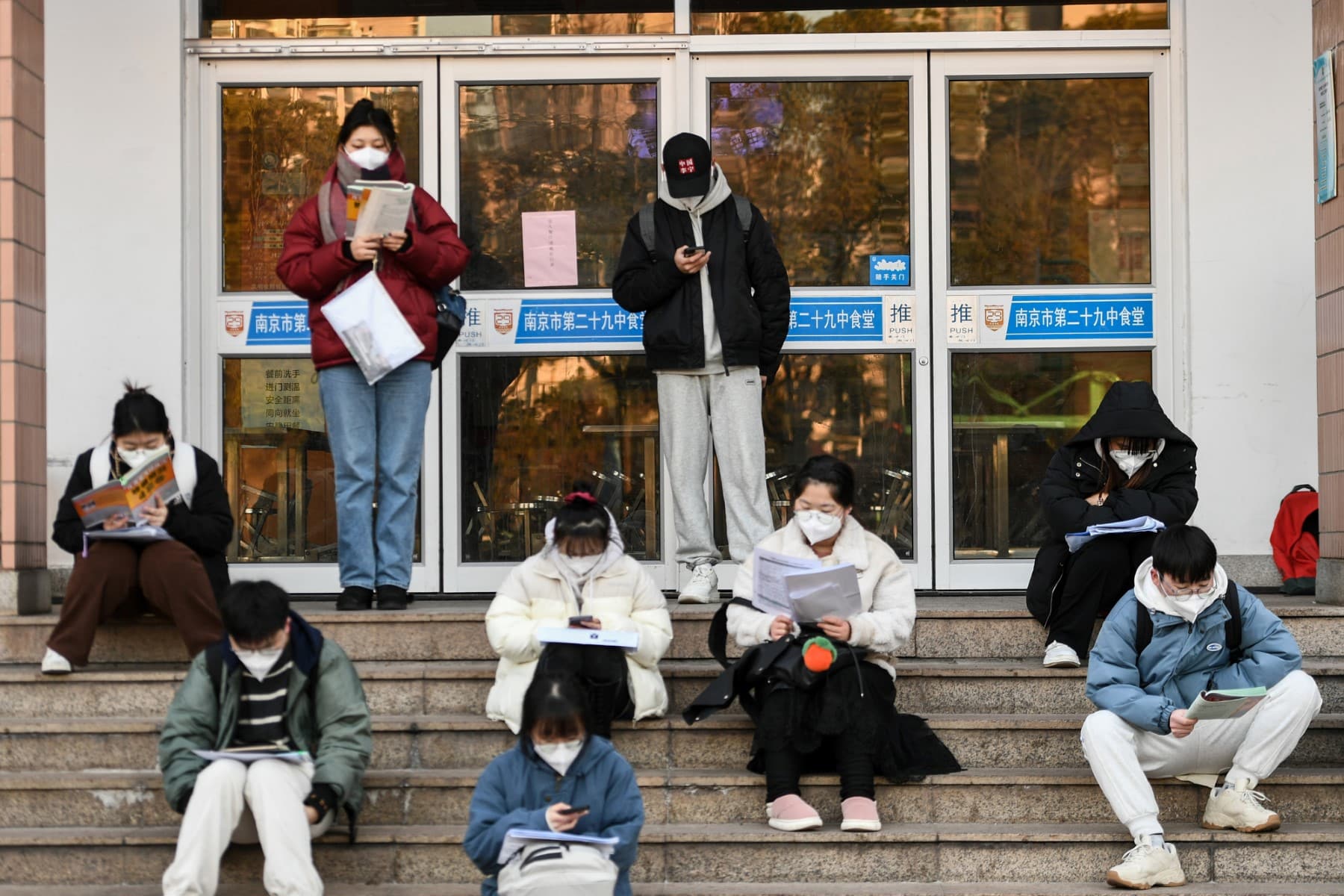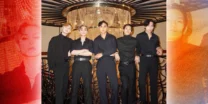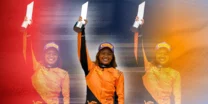Are you in favor of a no-cellphone rule inside the campus?
While one may argue that it has already been implemented by the Department of Education since 2003, a recent report from the United Nations expressed concern over what they claimed was “an excessive use of smartphones and the overuse impacts on learning.”
This led them to call for the gadgets to be banned in schools worldwide, regardless of whether the student is an elementary or secondary school student or a college student.
A report from the United Nations Educational, Scientific and Cultural Organization (UNESCO) titled “Technology in education: A tool on whose terms?” raised concerns about the excessive use of smartphones in schools worldwide.
According to UNESCO, the overuse of mobile phones impacts learning.
The 2023 Global Education Monitoring Report had openly asked for an appropriate use of technology in education, emphasizing the need for a “human-centered vision.”
This meant that digital technology served as a tool rather than taking precedence.
UNESCO noted that there is an excessive use of smartphones, and the overuse has a huge impact on learning.
UNESCO’s Manos Antoninis was quoted as giving a warning on the danger of data leaks in educational technology, as only 16 percent of countries guarantee data privacy in the classroom, by law.
“We know that vast amounts of data are being used without the appropriate regulation, so this data ends up being used for other non-educational purposes, commercial purposes, and that’s of course a violation of rights that needs to be regulated,” Antoninis added.
UNESCO also said it highlighted the disparities created by digital learning.
During the COVID-19 pandemic, UNESCO said that more than half a billion students worldwide were left out with the shift to online-only learning being implemented, creating an imbalance in online resources.
In the Philippines, distance and blended learning became the norm for two years, as face-to-face classes were not allowed or limited over fears that the virus might spread quickly among the students.
This prompted a gadget buying spree among the parents in a country with a challenging internet service connection.
The UNESCO report, meanwhile, said that various countries should “set their own standards” so that technology is designed and used in education, where it “will not replace in-person, teacher-led instruction and supports the shared objective of quality education for all.”
“The digital revolution holds immeasurable potential, but, just as warnings have been voiced for how it should be regulated in society, similar attention must be paid to the way it is used in education,” UNESCO Director-General Audrey Azoulay said.
In contrast to digital technology’s potential to improve education, there are also risks associated with information and communication technologies in education that are often ignored by research and evaluations.
What do you think about UNESCO’s call? Let us know in the comments.









